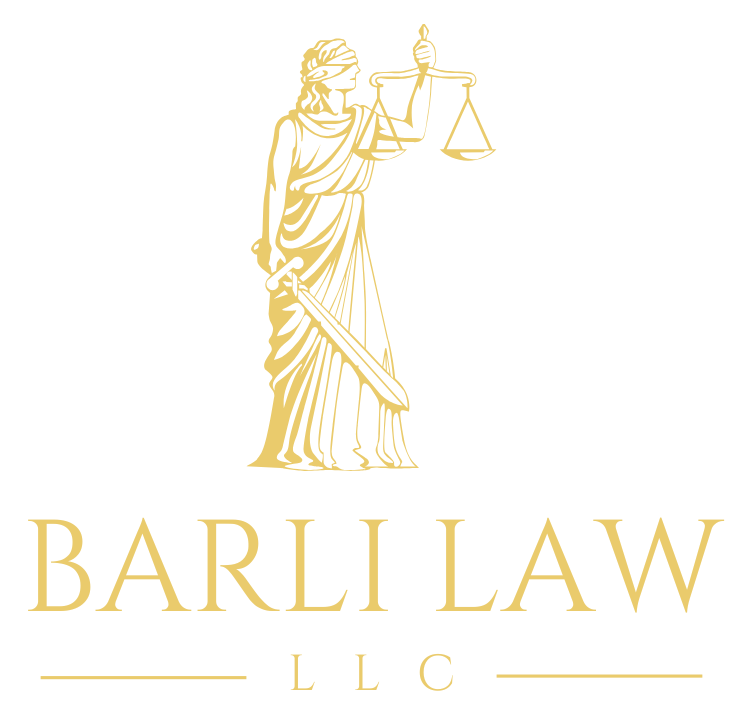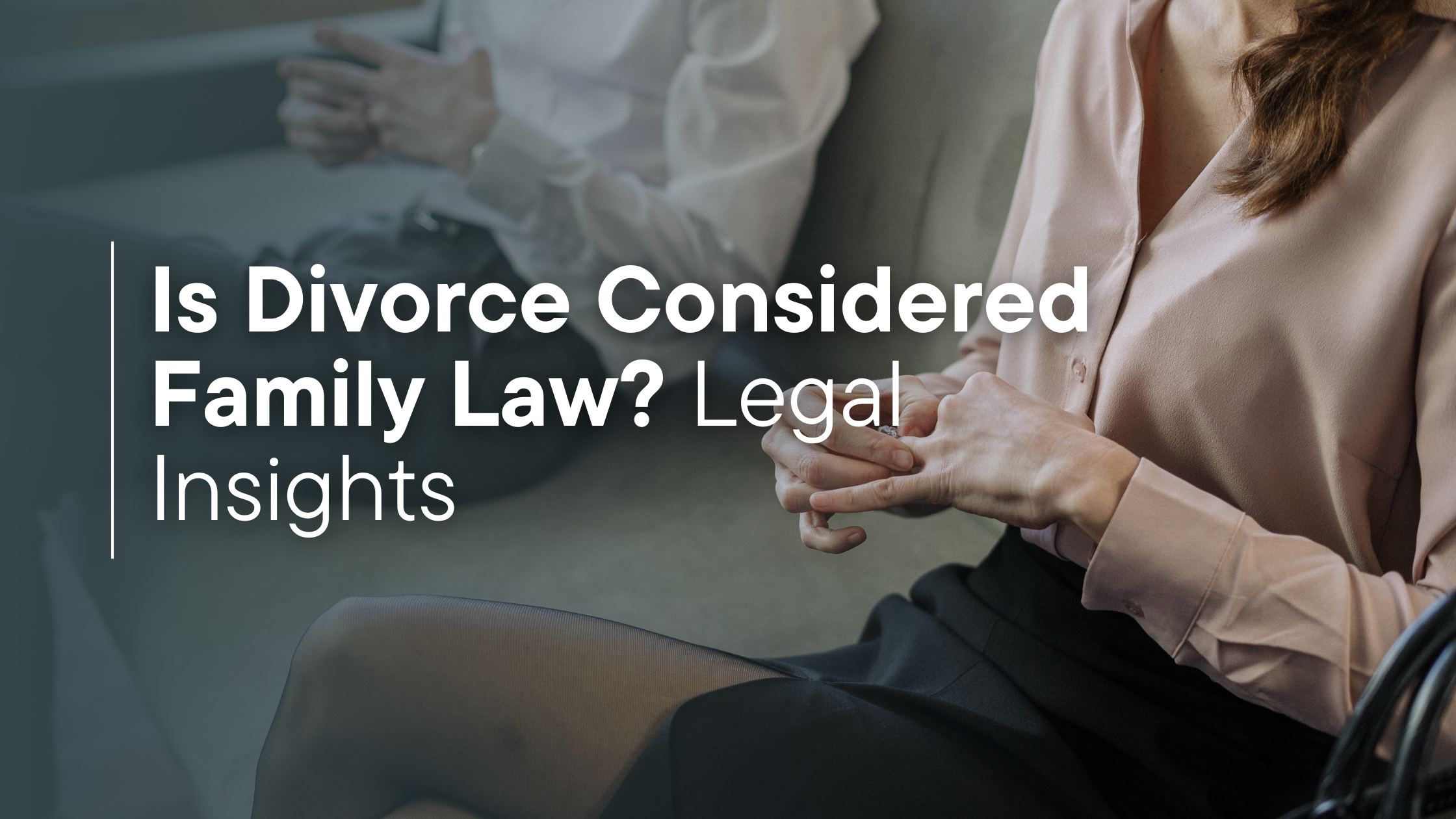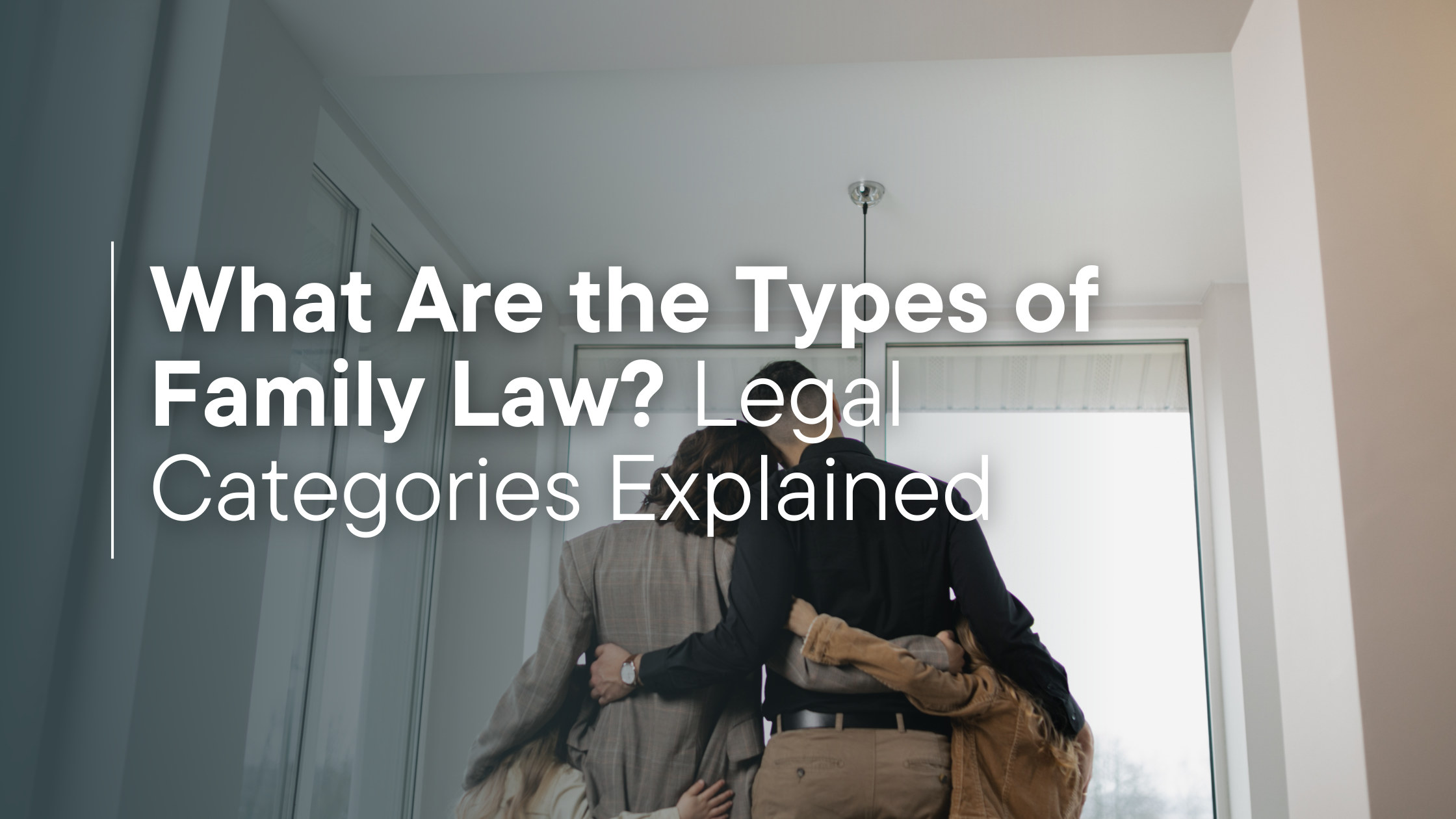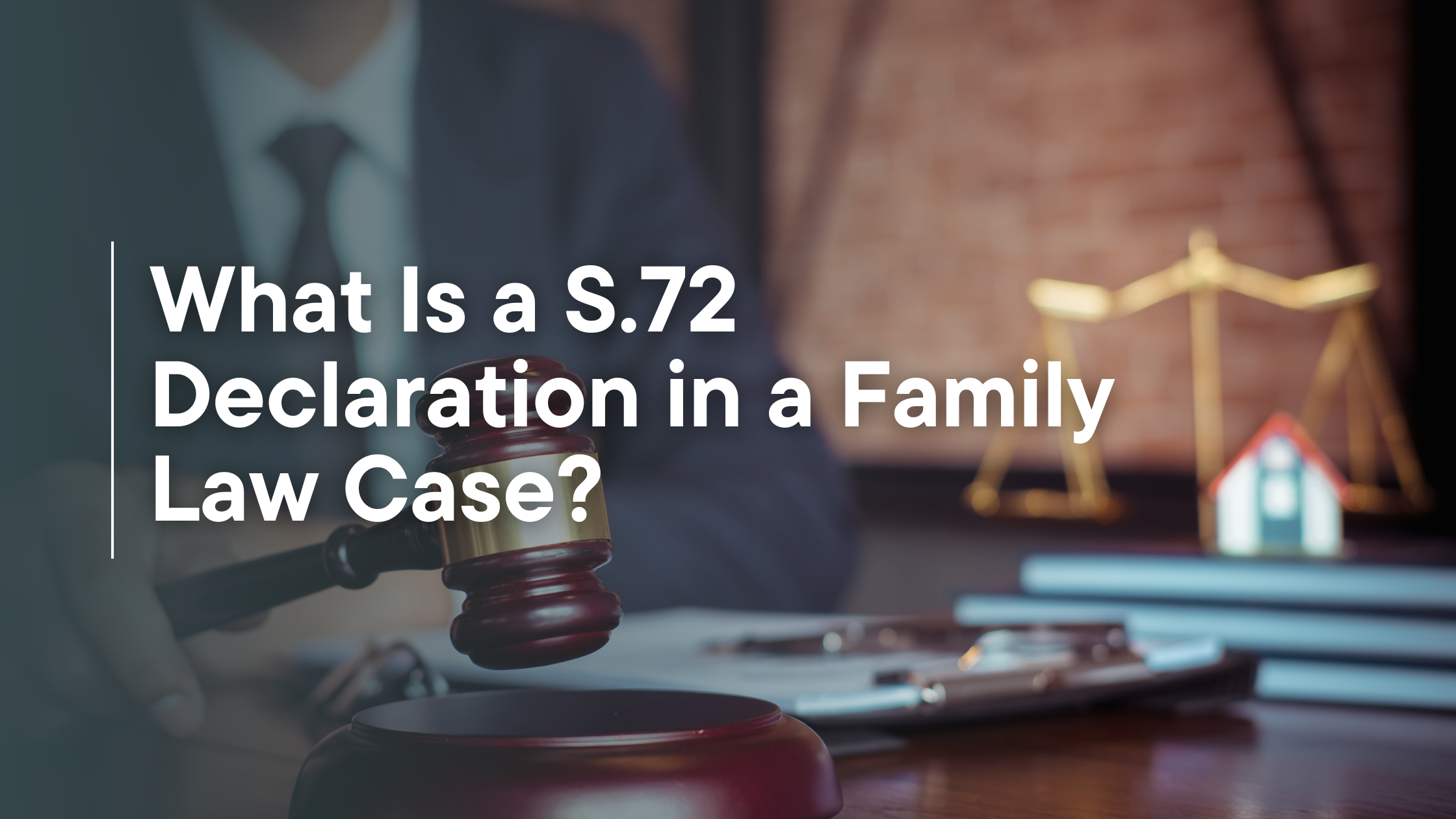Facing a legal dispute that feels overwhelming? Whether you’re dealing with a contract issue, a property disagreement, or a personal injury claim, understanding the civil litigation process can bring clarity—and control—back into your hands.
At Barli Law LLC, we know that navigating the legal system can feel intimidating. That’s why we’re here to break it down, step by step, so you know what to expect—and how we can help.
What Is Civil Litigation?

Civil litigation is the legal process used to resolve non-criminal disputes between individuals, businesses, or organizations. Unlike criminal cases, which involve penalties like jail time, civil cases typically seek financial compensation or a court order requiring someone to act—or stop acting—a certain way.
Key parties in civil litigation include:
- The plaintiff, who files the lawsuit
- The defendant, who is being sued
- Attorneys representing each side
- A judge (and sometimes a jury)
Civil vs. Criminal Law – What’s the Difference?
| Civil Law | Criminal Law |
| Resolves disputes between individuals or entities | Addresses offenses against the state |
| Penalties include monetary compensation or injunctions | Penalties include fines, probation, or imprisonment |
| Example: Breach of contract | Example: Theft or assault |
Common Types of Civil Litigation

Civil litigation can arise from many everyday situations. Some of the most common include:
- Contract disputes – Breaches of business or service agreements
- Personal injury claims – Accidents, negligence, or unsafe conditions
- Property and real estate disputes – Boundary issues, landlord-tenant conflicts
- Employment disputes – Wrongful termination, discrimination, wage claims
- Family matters – Divorce, custody, support disagreements
- Intellectual property cases – Trademark or copyright infringement
If you’re unsure whether your situation falls under civil litigation, we can help you evaluate your options.
How Civil Litigation Works: A Step-by-Step Overview

Understanding each stage of the process helps you stay informed and prepared:
- Pre-Filing Stage
- Consult with an attorney
- Investigate the dispute
- Attempt informal resolution (e.g., demand letters)
- Pleadings
- The plaintiff files a complaint
- The defendant responds (answer or motion to dismiss)
- Discovery
- Both parties gather and exchange evidence
- Includes depositions, document requests, and interrogatories
- Pre-Trial Motions
- Legal arguments may be filed (e.g., motion for summary judgment)
- Parties may engage in settlement talks
- Trial
- Each side presents evidence and arguments
- A judge or jury issues a verdict
- Post-Trial
- Either party may appeal the decision
- Judgments are enforced through legal procedures
Settlements & Alternative Dispute Resolution (ADR)

Not all cases go to trial. In fact, most civil disputes are resolved through settlement or ADR—a less formal and often faster way to reach resolution.
Options include:
- Mediation – A neutral third party helps both sides reach agreement
- Arbitration – A binding decision is made outside of court
ADR can save time, legal fees, and emotional stress—especially when both parties are open to compromise.
How Long Does Civil Litigation Take?

The timeline varies, depending on the complexity of the case and the court’s schedule. Some cases resolve in months; others take years.
Factors that affect timing include:
- Amount of evidence to review
- Willingness to settle
- Court availability and delays
- Number of parties involved
Our firm will keep you informed every step of the way—so there are no surprises.
What Does Civil Litigation Cost?

Legal costs can vary, but we believe in transparency from the start. At Barli Law LLC, we discuss all potential costs upfront so you can make informed decisions.
Typical fee structures include:
- Hourly billing
- Flat fees (for specific services)
- Contingency (especially in personal injury cases)
We’ll help you determine the most cost-effective approach based on your needs.
Key Takeaways
- Civil litigation helps resolve legal disputes between parties without criminal charges.
- Knowing the process—from filing to trial—gives you more confidence and control.
- Many cases settle before trial, saving time and money.
- Working with an experienced attorney can make all the difference.
Need Help Navigating a Civil Dispute?
Legal challenges don’t have to be overwhelming. At Barli Law LLC, we’re committed to helping you understand your rights, protect your interests, and move forward with confidence.
Contact us today to schedule a consultation.
📞 973-638-1101
📧 info@barlilaw.com
🌐 Visit our Contact Page
Let’s work together to protect your future.




